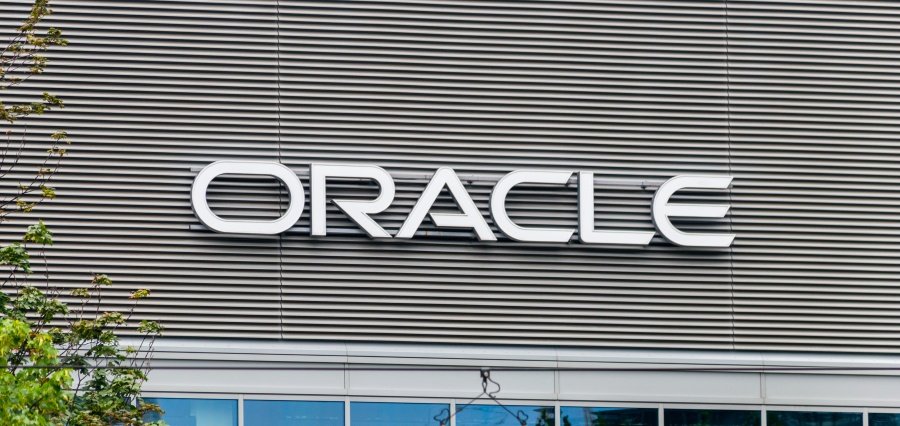In a striking development, Oracle is planning a data center that will utilize three small modular nuclear reactors to meet its substantial energy needs. This revelation came from Oracle Chairman and Co-Founder Larry Ellison during the company’s recent earnings call.
Ellison described the electricity demands driven by artificial intelligence as increasingly “crazy,” necessitating unconventional solutions. He stated, “Let me say something that’s going to sound really bizarre,” acknowledging that the announcement might surprise many. The proposed data center is expected to require over one gigawatt of power, a significant demand that Oracle intends to address with these next-generation reactors.
The small modular reactors, which are designed to generate up to 300 megawatts each, represent a cutting-edge approach to nuclear energy. These reactors are notably smaller than traditional units, which typically produce around 1,000 megawatts. Their modular design allows them to be prefabricated in sections and assembled on-site, potentially reducing both the construction time and costs associated with larger nuclear facilities.
Ellison did not reveal the location of the planned data center or the reactors, nor did he provide further details on the project’s timeline. However, the site in question reportedly has already secured the necessary permits for the construction of these reactors.
Small modular reactors are anticipated to play a crucial role in meeting rising energy demands while minimizing carbon emissions. Currently, this technology is in the developmental stage, with broad commercialization in the U.S. expected to occur in the 2030s. Globally, only three small modular reactors are operational—two in China and Russia, and a test reactor in Japan.
As the world continues to grapple with the challenges of energy consumption and climate change, Oracle’s initiative underscores the growing interest in innovative solutions to power the next generation of technological advancements.




